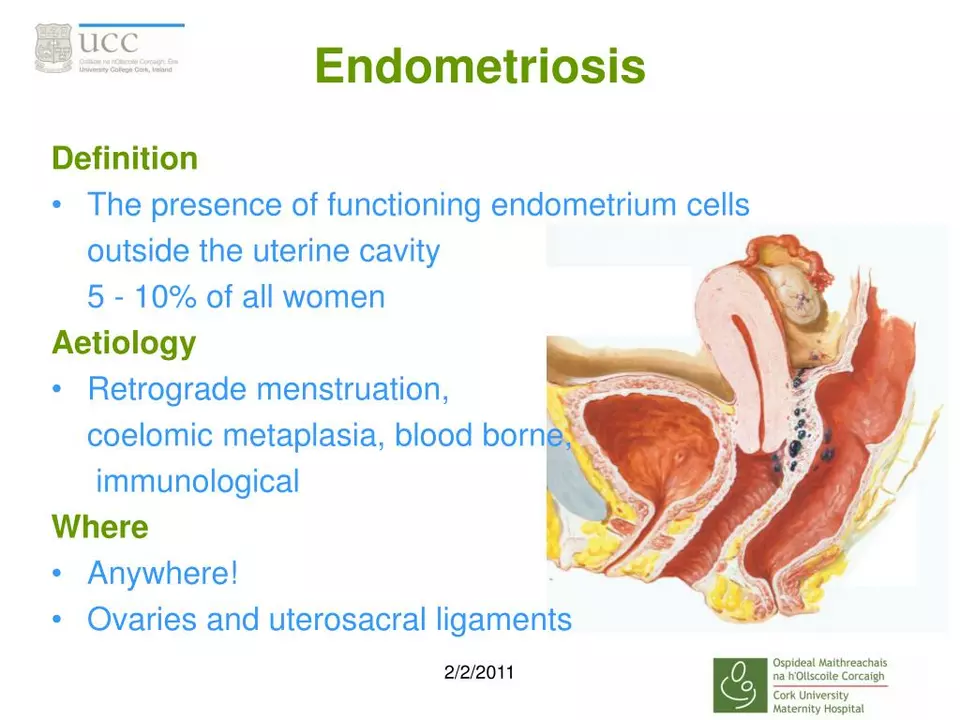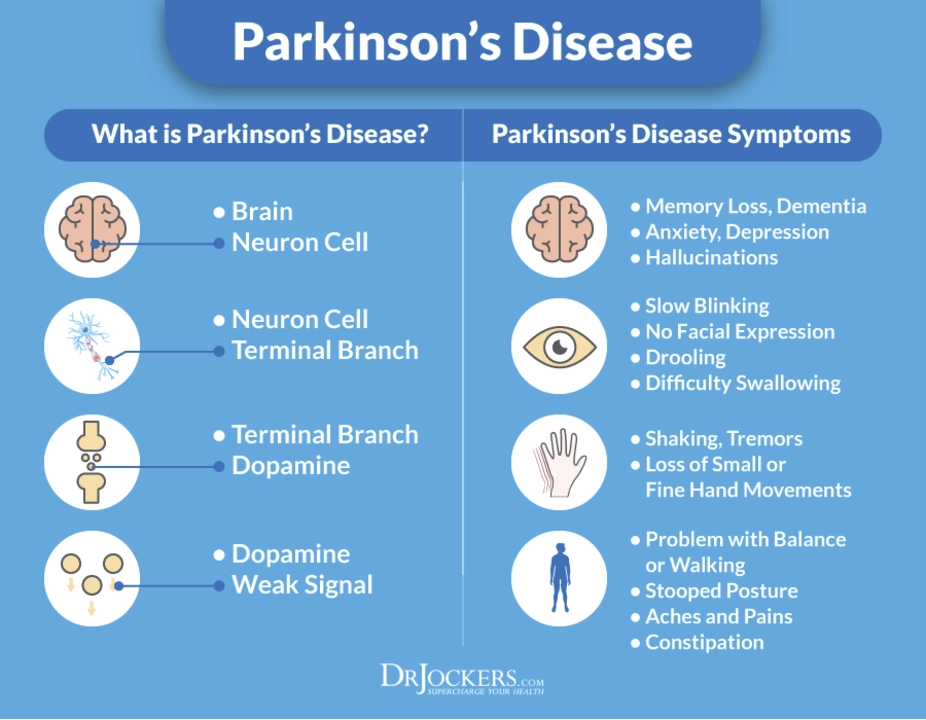June 2023 Archive — Practical Guides on Supplements, Treatments, and Risks
June 2023 brought six concise, practical posts to PushHealth Resource Center. You’ll find hands-on coverage of three supplements and three medical topics: how they work, what to watch for, and simple next steps you can take right now. Read the quick summaries below to spot what matters to you.
Supplements & Nutrients
Chinese Club Moss: an herbal supplement people use for memory and focus. The post explains reported cognitive and possible neuroprotective effects, warns about quality variability, and recommends checking interactions with prescription meds. If you try it, start with the lowest recommended dose and talk to your clinician, especially if you’re on blood thinners or seizure medications.
Phosphate Salts: these minerals support bones, teeth, and energy metabolism. The article highlights food sources and safe use, noting that excess intake can cause imbalance with calcium or harm kidney patients. Practical tip: meet most needs through diet first and only use supplements after testing and medical advice.
Ascorbigen: a natural compound in cruciferous veggies linked to immune and metabolic support. The post focuses on adding foods like broccoli and Brussels sprouts rather than high-dose extracts. Easy action: boost cruciferous veggies in two meals a week and track any digestive changes as you increase intake.
Treatments, Risks & Early Detection
How Metronidazole Treats Bacterial Vaginosis: this piece breaks down the antibiotic’s role in restoring vaginal balance, the common dosing forms (oral tablet or topical gel), and why finishing the full course matters to prevent relapse. It also lists common side effects and when to contact a provider—severe nausea, allergic signs, or new symptoms after treatment.
Uterine Lining Overgrowth and Endometrial Cancer: the post explains endometrial hyperplasia as excessive lining growth that can raise cancer risk. It outlines common causes like hormone imbalance and obesity, describes warning signs such as abnormal bleeding, and stresses timely evaluation by a gynecologist. Actionable step: anyone with unusual bleeding should not wait—get evaluated and ask about biopsy options.
Early Detection in Parkinson’s Disease: this article makes the case for noticing early motor and non-motor signs to gain access to better symptom control. It lists subtle red flags—new tremor, stiffness, slowed movements, smell loss, or sleep changes—and suggests seeing a neurologist if several appear. Early care can open treatment and therapy options that improve daily life.
Want the full posts? Click any headline to read more, or search the June 2023 archive for details on dosing, studies, and source recommendations. If a topic affects you directly, bring notes to your next appointment so you and your clinician can decide the safest next step.






